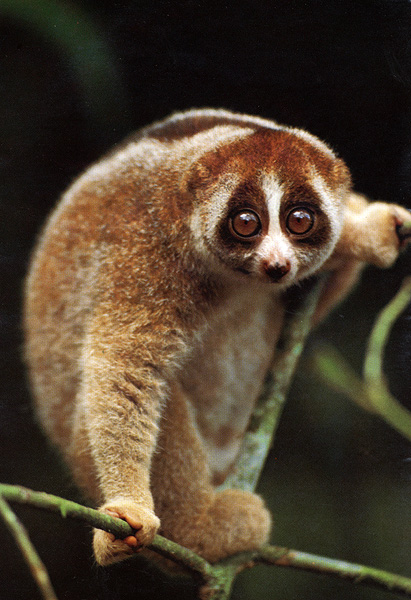basketcase
Well-Known Member
nope, not sure if those r but its not the one im lookin for


earthmother said:not 1 word about compression bandages. Is that a common practice with other snake bites?
Enter your email address to join: